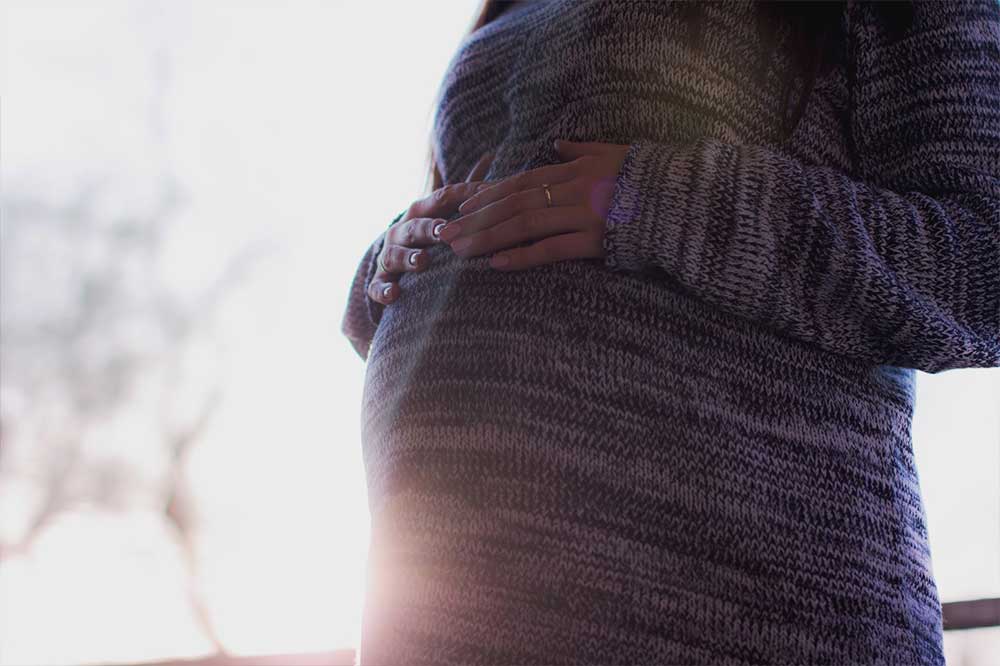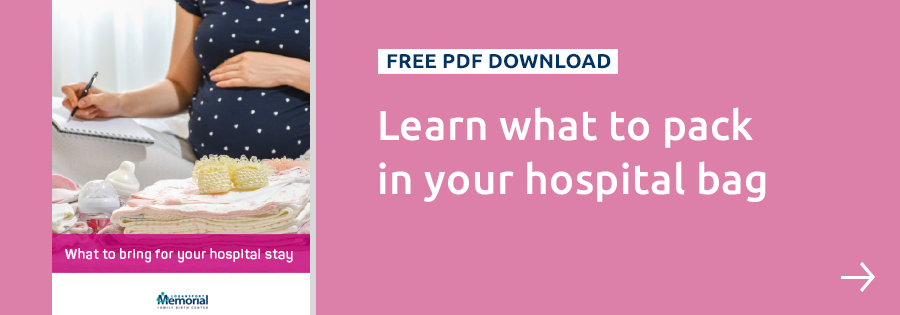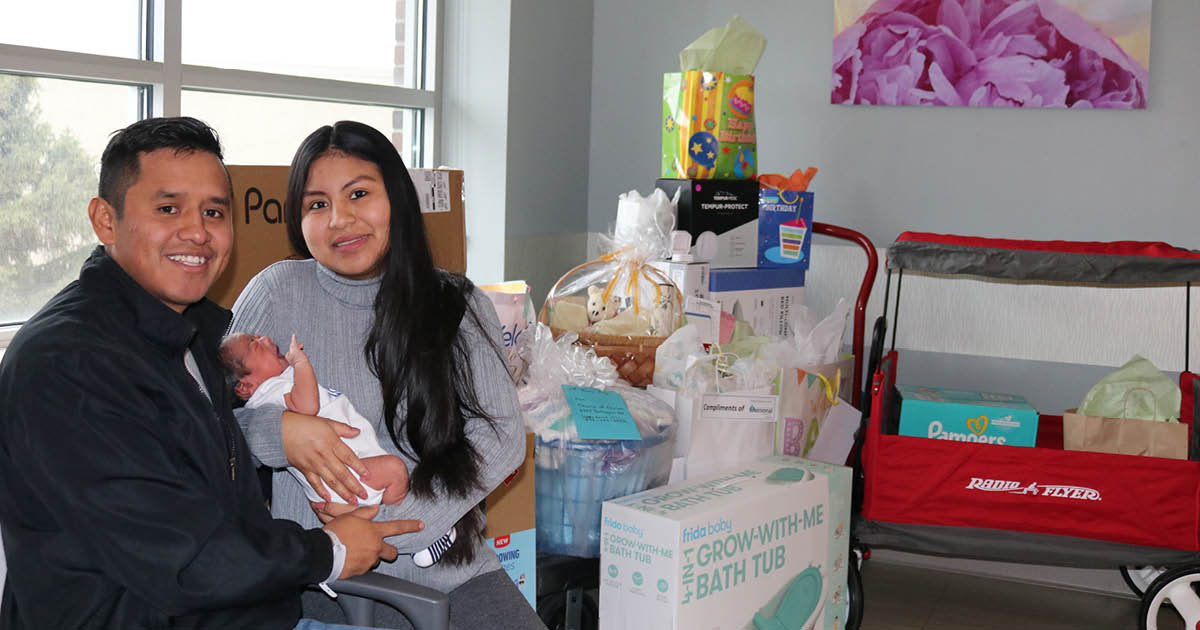This article is part of the Ultimate Guide to Pregnancy.
The third trimester of pregnancy is an exciting time for a mom-to-be! Your baby is growing by leaps and bounds, and all that growing means growing for you, too.
Let’s admit it, the third trimester can be uncomfortable, even as you’re happily counting the days until you meet your little one.
Keep reading to learn more about five common issues for women during the third trimester of pregnancy (and get a few tips to help with each).

Skin care
During your third trimester, you may notice changes in your skin, including:
- Stretch marks on your abdomen
- Skin discolorations, such as dark areas on your face or a dark line below your naval
- Acne
- Sther skin changes are common as hormone levels increase towards the end of pregnancy
Some of these changes in your skin during your third trimester will go away after your baby is born, but there are a few things you can do to during the final months of your pregnancy to keep your skin healthy, such as:
- Use lotions to add moisture to dry, itchy areas
- Avoid sun exposure
- Watch your weight to help limit the stretch marks, which is often caused by rapid weight gain
- Focus on including foods with plenty of vitamin C in your diet to keep your skin toned
Heartburn
During pregnancy, the muscle that closes off your esophagus from your stomach loosens. When this happens, your stomach contents can back up into your esophagus and cause a burning sensation that’s known as heartburn. Combined with pressure from the growing baby that is squeezing on your stomach, it’s no wonder why so many pregnant women experience heartburn.
How to reduce heartburn during the third trimester of pregnancy:
- Avoid high-fat foods, spicy foods, and caffeine
- Eat smaller, more frequent meals
Ankle or leg swelling
Most pregnant women have some leg swelling due to the extra volume of blood providing circulation to the placenta and baby. The uterus puts pressure on the large blood vessels draining blood from the lower half of the body, which can cause fluid to pool in the legs.
How to get relief for discomfort caused by ankle or leg swelling when pregnant:
- Drink plenty of water or non-caffeinated beverages each day
- Limit sodium from foods
- Rest with feet up
- Do not cross your legs
- Do not wear knee-high or thigh-high nylons with a tight elastic band
- Lie on your left side when sleeping
- Bend, stretch, and rotate your feet several times per day (while standing or sitting) to circulate blood through your body
Varicose veins and hemorrhoids
Varicose veins on the legs and hemorrhoids often occur during pregnancy due to increased blood volume. While common, these problems can cause complications aside from just discomfort.
How to avoid experiencing varicose veins or hemorrhoids when pregnant:
- Prevent constipation by eating a high-fiber diet of fruits, vegetables, and whole grains
- Avoid straining during bowel movements
- Use a sitz bath after bowel movements to soothe hemorrhoids
- Drink plenty of fluids and avoid all caffeine
- Avoid prolonged periods of standing or sitting
- Remain active
Difficulty sleeping
Some women have trouble getting comfortable when sleeping in the last few months of pregnancy. In addition, it may be hard to relax when you are worried about the baby, childbirth, and being a mother. Some women think of this as training for dealing with the first few sleepless weeks with a newborn.
Sleep is important though, especially as you get ready for a new addition to your family.
How to get better sleep when you’re pregnant:
- Take a warm shower before bedtime to relax
- Avoid caffeine
- Avoid exercise late in the day
- Try to get comfortable with pillows (or try sleeping in a recliner to be more comfortable)

Close-to-home prenatal care in north-central Indiana
You’re in good hands with Logansport Memorial Hospital. Our care team provides the highest quality of obstetrics and gynecology care that you need before, during, and after your delivery.
Live in Rochester, Indiana? Get maternity care that’s close-to-home. Learn more about the Rochester Health Clinic »
Take a virtual tour of our newly renovated Family Birth Center




